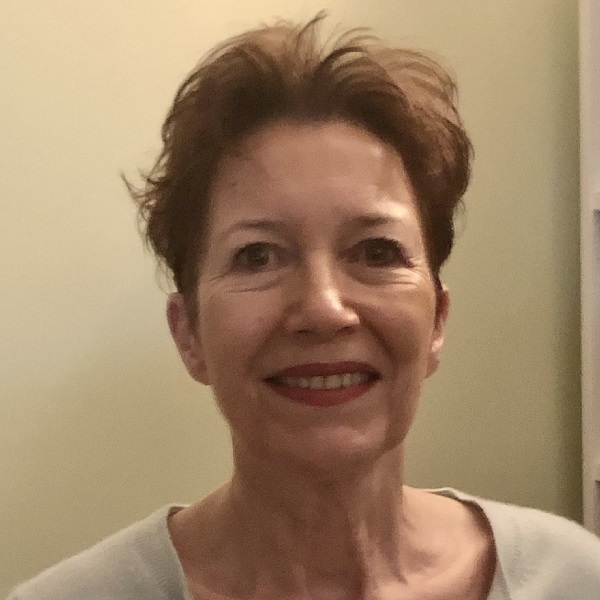
Professor Corinne May-Chahal
Co-Investigator, Vulnerability & Policing Futures Research Centre
Lancaster University
Professor Corinne May-Chahal is an applied social scientist dedicated to research that improves the way in which children and young people can keep safe and feel secure in a rapidly changing socio-technical world. Her work involves developing and applying new technologies with colleagues in computing, criminology, law, psychology and sociology in partnership with industry, the public sector and law enforcement.
Corinne’s research has involved creating software to identify age and gender deception in computer-mediated communication. She has also co-produced applications to facilitate the reporting of community concern and computational tools to support the police in identifying child sexual abuse image sharing.
As Chair of the National Institute for Health and Care Excellence (NICE) Guideline Development Group on Child Abuse, Corinne is committed to evidence-informed practice. For example, she completed an IICSA funded rapid evidence assessment on the characteristics, vulnerabilities and support needed for victims of online-facilitated child sexual abuse and exploitation. Building on this, in her latest book ‘Online Child Sexual Victimisation‘ she proposes an ‘asset-based approach’ to childhood security. This identifies social assets that are threatened by online harms (such as trust in online services, economic security, freedom of association, freedom from discrimination and violence) and recommends online and offline practices to reinforce these assets.
Corinne will lead on taking forward this approach within the ESRC Vulnerability & Policing Futures Research Centre. Focusing initially on one local authority area, working with postdoctoral researchers Dr Christine Weirich and Larissa Engelmann, the project team aims to co-develop a framework to help prevent online child sexual victimisation (OCSV) within the community. OCSV is not just an online problem; images are generated offline and the effects are felt offline long into the future. The research team will work with the communities to answer questions such as:
- How do we keep our understanding of the problem up to date as the technology changes?
- Are we tackling the problem offline as well as we could be?
- What would an ideal response would look like?
- What do we need to achieve such a response? And how will we know?
